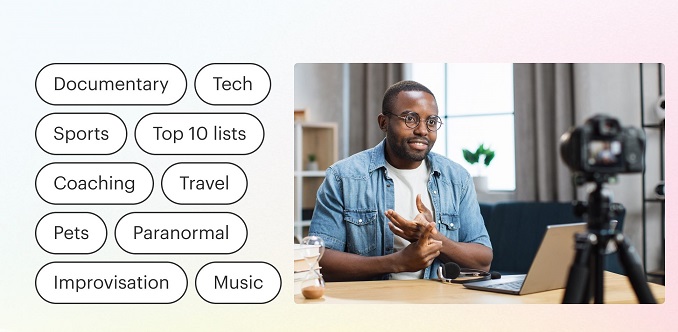Greetings, podcast enthusiasts! In this article, we’re diving deep into a crucial aspect of the podcasting realm that deserves our attention – Ethics.
Understanding the importance of ethics in podcasting is paramount as it serves as the backbone of a reputable and influential industry. Ethical podcasting is not just a moral obligation but also a strategic choice that contributes to long-term success. In an industry that is ever-evolving, maintaining ethical standards ensures the trust and loyalty of your audience, fosters a positive community, and safeguards against potential pitfalls. As podcasters, we are not only storytellers but also curators of information and influencers. Our commitment to ethical practices not only upholds the integrity of our content but also shapes the broader perception of podcasting as a reliable and responsible medium.
Podcasting has exploded in popularity, offering a dynamic and intimate space for storytelling, sharing knowledge, and fostering communities. But with this power comes responsibility. Just like any form of media, podcasting has ethical considerations that creators must navigate to build trust with their audience and ensure responsible content creation.
Here’s a deeper dive into the ethical landscape of podcasting:
1. Truth and Accuracy:
- Fact-checking is crucial. Listeners trust podcasters as sources of information. Therefore, verify facts, cite sources, and avoid spreading misinformation, especially when discussing sensitive topics.
2. Transparency and Honesty:
- Be upfront about sponsorships and affiliations. Disclose any potential conflicts of interest to maintain transparency with your listeners.
- Be clear about your editing practices. Inform listeners if you edit interviews or heavily manipulate audio to avoid misleading them.
3. Respect for Privacy:
- Obtain consent before recording interviews or using private information. Respect your guests’ boundaries and anonymize any sensitive details if necessary.
- Be mindful of your audience. Avoid sharing personal details about others without their consent, especially when discussing sensitive topics.
4. Inclusive and Respectful Language:
- Promote diversity and avoid stereotypes. Be mindful of the language you use and the perspectives you represent in your podcast.
- Challenge biased viewpoints and promote respectful dialogue. Create a space where everyone feels welcome and heard.
5. Responsible Advertising:
- Promote products and services that align with your values. Avoid endorsing products that could be harmful or misleading to your audience.
- Be clear about advertising content. Disclose sponsored segments and differentiate them from your regular content.
Building Podcasting Integrity:
By upholding these ethical principles, podcasters can build trust with their listeners and contribute to a healthy podcasting environment. Additionally, consider these tips:
- Be aware of potential biases in your own perspectives.
- Actively seek out diverse voices and viewpoints for your podcast.
- Be transparent about your podcast’s goals and motivations.
- Engage with your audience and be open to feedback.
Conclusion:
Ethical podcasting is all about using your platform responsibly and creating a positive impact. By upholding ethical standards, podcasters can contribute to a vibrant and trustworthy audio landscape for listeners everywhere.
Looking to launch your own podcast? Wokpa provides a robust platform for recording, editing, and sharing your voice with the world. We believe in ethical podcasting and empower creators to build trust with their audience.



